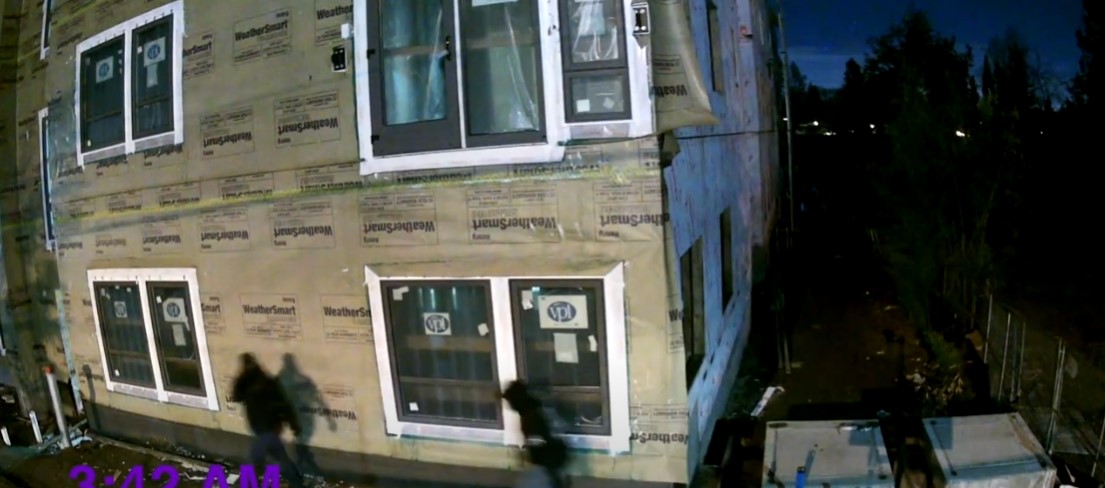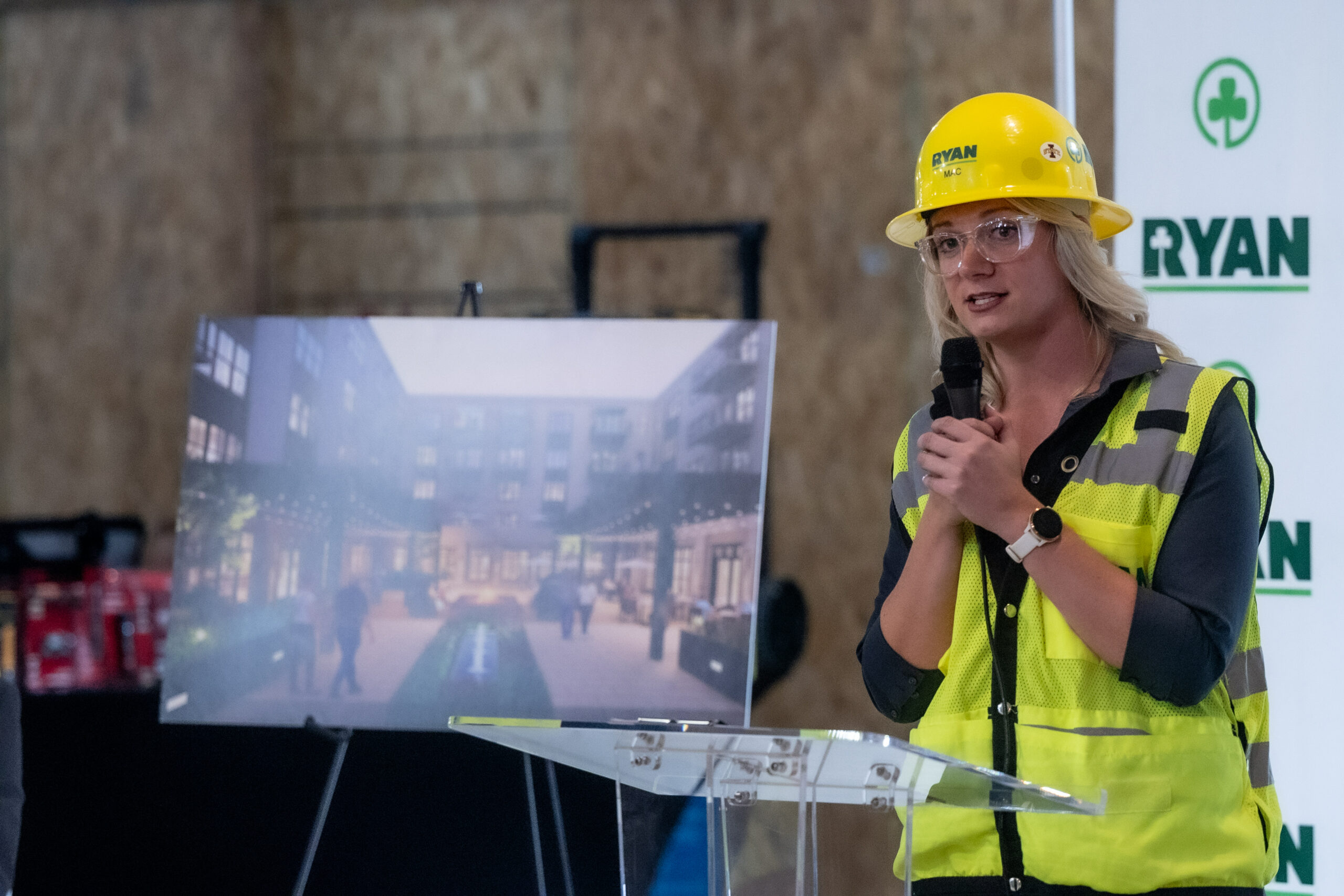Working efficiently is one of the cornerstones for success in any business, and it is especially true in the construction industry. According to data from KPMG, just 25% of projects came within 10% of their original deadlines in the past 3 years. From rework, to staffing, to equipment or material issues, cost-effective construction strategies don’t always pay off. There are, however, several ways to improve construction efficiency and thereby lowering construction costs for you and your clients. Let’s look at five of the easiest ways to improve construction project efficiency.
Tip One: Rely on Technology
One of the single most effective ways to improve construction efficiency is to lean on technology to make short work of previously time consuming and tedious functions within a construction firm. This powerful construction technology can handle bid management, billing, invoicing, contractors, timesheets, job scheduling, and even help you develop Key Performance Indicators (KPIs) to help better assess progress and Return on Investment (ROI). Construction management software like Procore is made to assist construction administrators manage projects in a safe, timely, and efficient manner. Pair Procore with SiteKick job site monitoring software and you can cut down on data collection, reporting and keep your project on time and under budget.
Tip Two: Train for Success
Few can argue that a poorly trained staff is just as efficient as a well-trained team. If lowering construction costs is important to you, investing in better training for your staff can pay dividends quickly. A well-trained team is critical to keeping projects running smoothly, but more importantly, it ensures that your team isn’t wasting time or resources in the process. Think of training as a way of increasing the number of leaders in the field. While not everyone can be in a leadership position, giving your staff the tools and knowledge to improve processes and systems is going to improve your business in the long term.
Tip Three: Communication is Key
Construction sites are chaotic in the best of circumstances, but even more so when managing multiple teams, each with different responsibilities and deadlines. A lack of communication with their team leaders and the project manager is among the most common reasons a project goes off the rails. Simply put, improving communication will result in increased construction efficiency. There really isn’t a reason communication should be a pain point on a construction project. As we mentioned previously, technology is an easy way to improve construction efficiency. Smart phones and apps can turn any space into a satellite office where information and decision making can happen in real-time. Mobile devices including laptops and tablets can connect teams through Slack or Microsoft Teams, allowing instant communication and problem solving. Project managers have a variety of tools at their disposal to ensure everyone has the information they need to make the best decisions possible without having to wait to meet back at the construction trailer.
Tip Four: Listen to the Experts
Construction sites are filled with experts. Your employees have a wide range of skills and expertise you should lean on when you’re looking to solve problems. Your staff are the boots on the ground, doing the job every day and over the course of their careers, they’ve probably encountered every problem imaginable. If there is a more efficient way of doing something, chances are that someone on your staff has an idea you’ve never considered. One of the biggest resources at your disposal is the experience of your staff. Lowering construction costs requires the best information and this usually means listening to the experts on your staff.
Tip Five: Report and Review
Cost-effective construction requires attention to detail, but unless you have a way of measuring performance, all the detail in the world won’t help. In the first tip we covered technology and touched on construction management software and briefly mentioned KPIs. These KPIs require data that you can measure and will help you better motivate your teams. While these performance measurements function as a great motivational tool for your staff, you’ll need data to support your findings.
Monitoring and reporting tools like SiteKick make short work of creating and sharing these reports to better measure your KPIs on your projects. The added benefit of a construction management solution like Procore paired with SiteKick is that these two tools work seamlessly together to provide the kind of efficiency that would normally require a half dozen other apps and services to accomplish the same thing.
When you’re ready to take a quantum leap in construction efficiency, talk to the experts at SiteKick and learn about how we’re building a better future with our partners.







